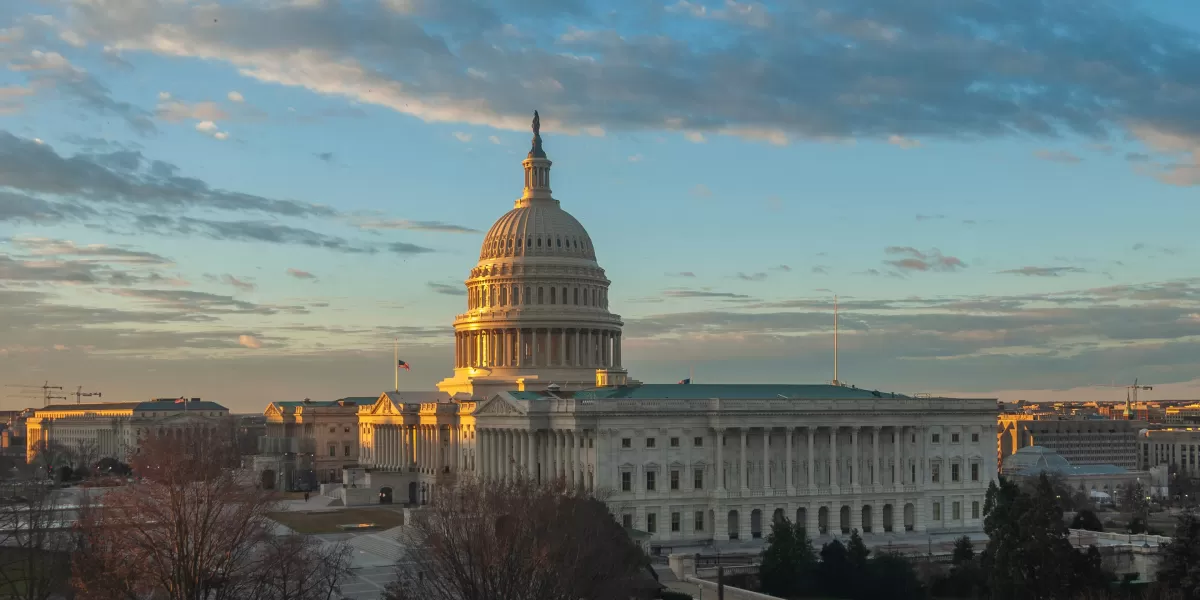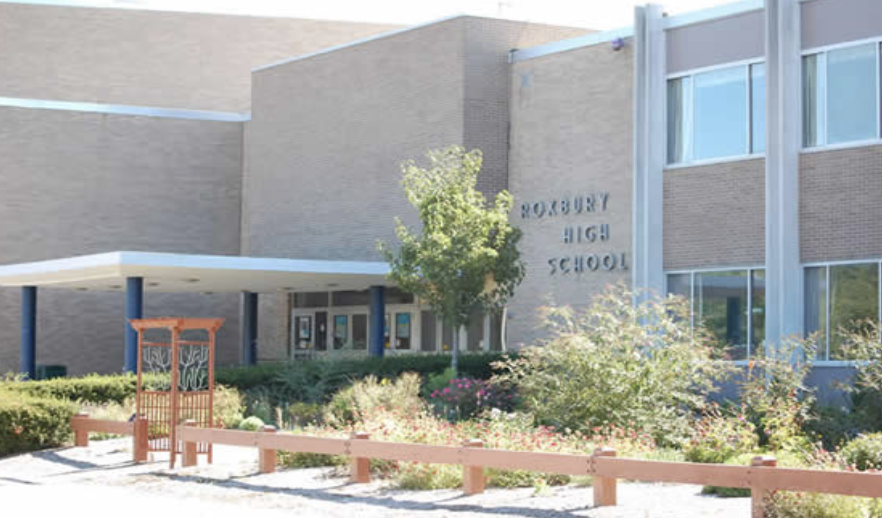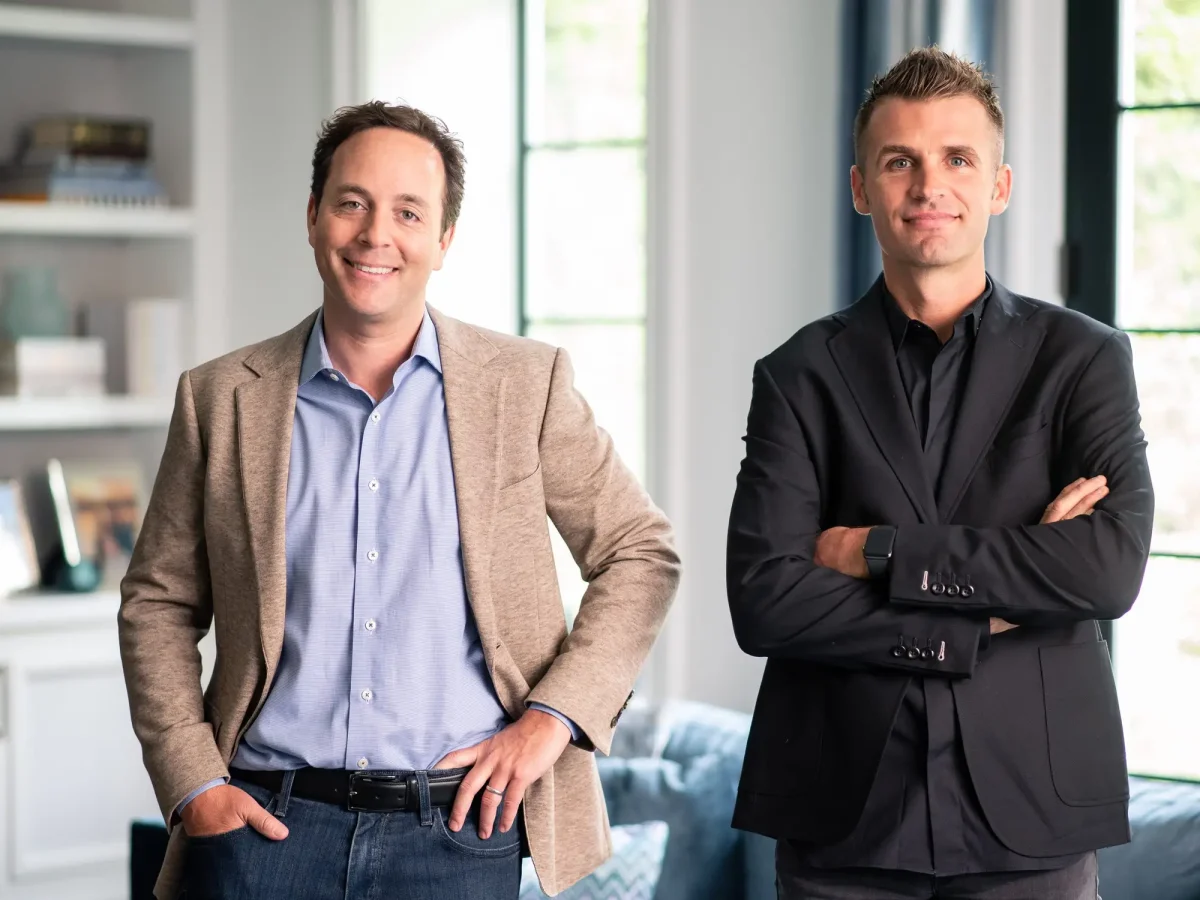“We hold these truths to be self-evident, that all men are created equal, that they are endowed by their Creator with certain unalienable Rights, that among these are Life, Liberty and the pursuit of Happiness—That to secure these rights, Governments are instituted among Men, deriving their just powers from the consent of the governed.”
Nearly 250 years ago, the Founding Fathers of our nation signed the Declaration of Independence with these words proudly inscribed at the top. To rule over the United States of America, the government must derive its powers from the consent of the governed, but what happens when the government begins to use its power without the consent of the governed? What happens when the government hides things from those they are supposed to get consent from for its power?
We now live in an era where many people distrust the federal government of the United States. With the final classified documents being released to the public about the assassination of President John F. Kennedy on Tuesday, March 18, 2025, and documents regarding the assassinations of Senator Robert F. Kennedy and Dr. Martin Luther King Jr., or other tragic events such as the terrorist attacks of September 11th, or the origins of the global COVID-19 Pandemic, among many others; the issue of trust (or lack thereof) in the government is only exacerbated.
In a time when government secrecy surrounds everything from assassinations to pandemics, Americans are left asking: How does government transparency (or lack thereof) influence public trust, political division, and the decline of patriotism in the United States?
Government transparency is, simply put, open communication between the government and the governed. Promoting accountability and trust humanizes a seemingly omnipotent power. Government transparency is vital in a system of governance like that in the United States because it upholds the core democratic principle that power is derived from the consent of the governed, just as our founding fathers intended.
Transparency ensures accountability, allowing citizens to make informed decisions, trust their leaders, and prevent further corruption in the government. Since the government of the United States of America is meant to serve the people rather than rule over them, secrecy and deception contradict the foundational principles of democracy and self-governance that helped start our nation in the first place.
Of course, the government cannot simply tell the public everything, such as the location of troops in a combat zone or some form of classified weapon being constructed by the military. It is the government’s duty to protect the people of the United States, and disclosing that information could prove dangerous to national security and, therefore, the people.
Much of this secrecy began during World War II and the Cold War, as President Franklin D. Roosevelt and his successors expanded the size and reach of the federal government. Facing espionage threats from enemies like the Soviet Union, secrecy became a defensive necessity (United States Department of State). With a much larger government and enemies that mastered espionage, like the Soviet Union, the government had no choice but to begin hiding secrets from even its own citizens.
However, when it comes to national tragedies that directly affect the American people, like the JFK assassination, 9/11, or the COVID-19 pandemic, continued secrecy only deepens public mistrust. Simply put, without any limit on what the government of the United States can hide, the people of the U.S. will have less trust in the government, which is detrimental to the country.
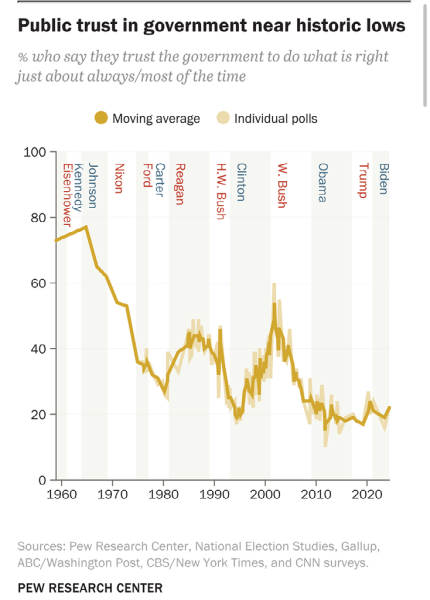
Since the political chaos of the 1960s and the Watergate scandal in the 1970s, trust in the U.S. government has plummeted. According to Pew Research Center, in 1965, 78% of Americans trusted the government to do what was right. By 1980, that number had dropped to 30%, and in 2022, that number was 20%.
Furthermore, the 2021 Transparency International Global Survey found that in high-trust democratic countries, 74% of people believe that transparency reduces corruption and increases trust in institutions. Additionally, in countries where governments proactively share information, public trust is 20-30% higher on average. A 2020 report from the Public Interest Declassification Board also stated: The U.S. government creates over 50 million classified documents per year, and up to 90% of classified material is unnecessarily or improperly classified, according to some experts (e.g., former CIA Director John Brennan and the 9/11 Commission).
How is this dangerous, though? These statistics correlate with a severe decline in patriotism: a 2023 Gallup poll found that only 39% of U.S. adults say they are “extremely proud” to be American—the lowest figure in two decades. Furthermore, potentially harmful conspiracies spread more with high distrust in the government. A majority of Americans, nearly 70%, believe that the Kennedy Assassination was a larger conspiracy and that the government is hiding information about it (Gallup).
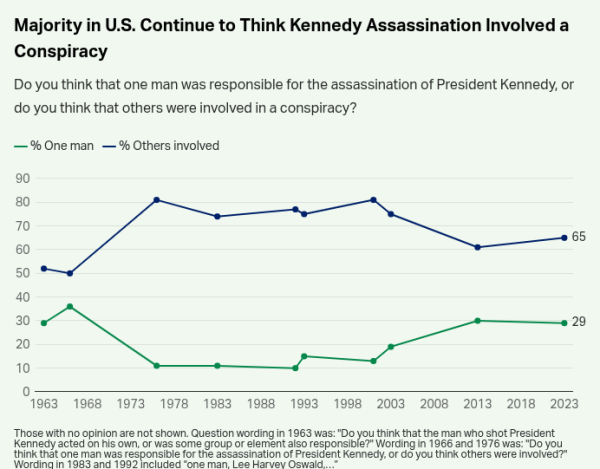
It is important to realize that government secrecy can mean life or death for people. Hiding some information could make the difference between total war and the continued security and defense of our nation, just as it was in World War II. However, when it comes to tragic events that affect the everyday lives of Americans, as the Declaration of Independence even states, we hold the right to know. Allowing back-door deals or corrupt schemes to occur in our government, like what happened in the ‘Gilded Age’ of American politics, will only set the future of the nation up for failure. If we are to preserve the Western democratic ideals our founders inscribed nearly 250 years ago, we must demand transparency and accountability from our leaders. Only then can we restore trust, rebuild unity, and renew our pride in the nation we call home.

